Description
A brilliant work with the scent of Gulf salt air in its pages—innovative, imaginative, eclectic, poetic, unpredictable, sometimes reminiscent of Faulkner, sometimes of Eudora Welty and Flannery O’Connor, Richard Ford, James Lee Burke, but always in Guillory’s freshly unique voice. This may be the new face of fiction.
“Dating from World War I to his painful demise in the late 1940s, this book chronicles the life of rural Louisianan Dr. Schilling in elegant, mesmerizing prose. Guillory, who has taught English at several American universities, uses the perspectives of Schilling and his sister, sons, and wife to reveal how and why one family fell apart. Schilling is disturbed by familial hostility, the deaths of his sister and one son, and his memories of Eustache, a lovely young woman with whom he was infatuated. To save her from a prison sentence for murdering her abusive husband, Schilling testifies that she is insane. Consequently, Eustache is committed to a mental hospital, but later Schilling and the reader learn that she is neither guilty nor insane. Ironically, the old doctor who had given his heart to his patients finds himself dying an agonizing death of heart disease, entirely dependent on morphine and his resentful wife to survive. More than just another good read, this poignant, poetic novel is recommended for all libraries.” -Jim Dwyer, The Library Journal
Terrell Guillory was born and reared beside the 98th meridian running through Texas, the dividing line between the South and the West, according to rainfall, farming to the east, ranching to the west two cultures. He was exposed to other cultures as well: The Anglo-Celt and the German, the Mexican-American and the African-American of Central Texas. His parents’ roots were in Louisiana, his mother from Winn Parish, his father from Evangeline, marinating him in two other cultures Anglo-Saxon southern and Cajun French. He was educated at the University of Texas in Austin and at the University of Washington, and he taught English at the universities of Washington, Idaho, and Purdue. For many years he divided his time between the Pacific Northwest and the Gulf Southwest. Most of his writings came from notes taken from glimpses through the window of a train which arrives too soon. Sadly, Terrell Guillory passed away in 2008.

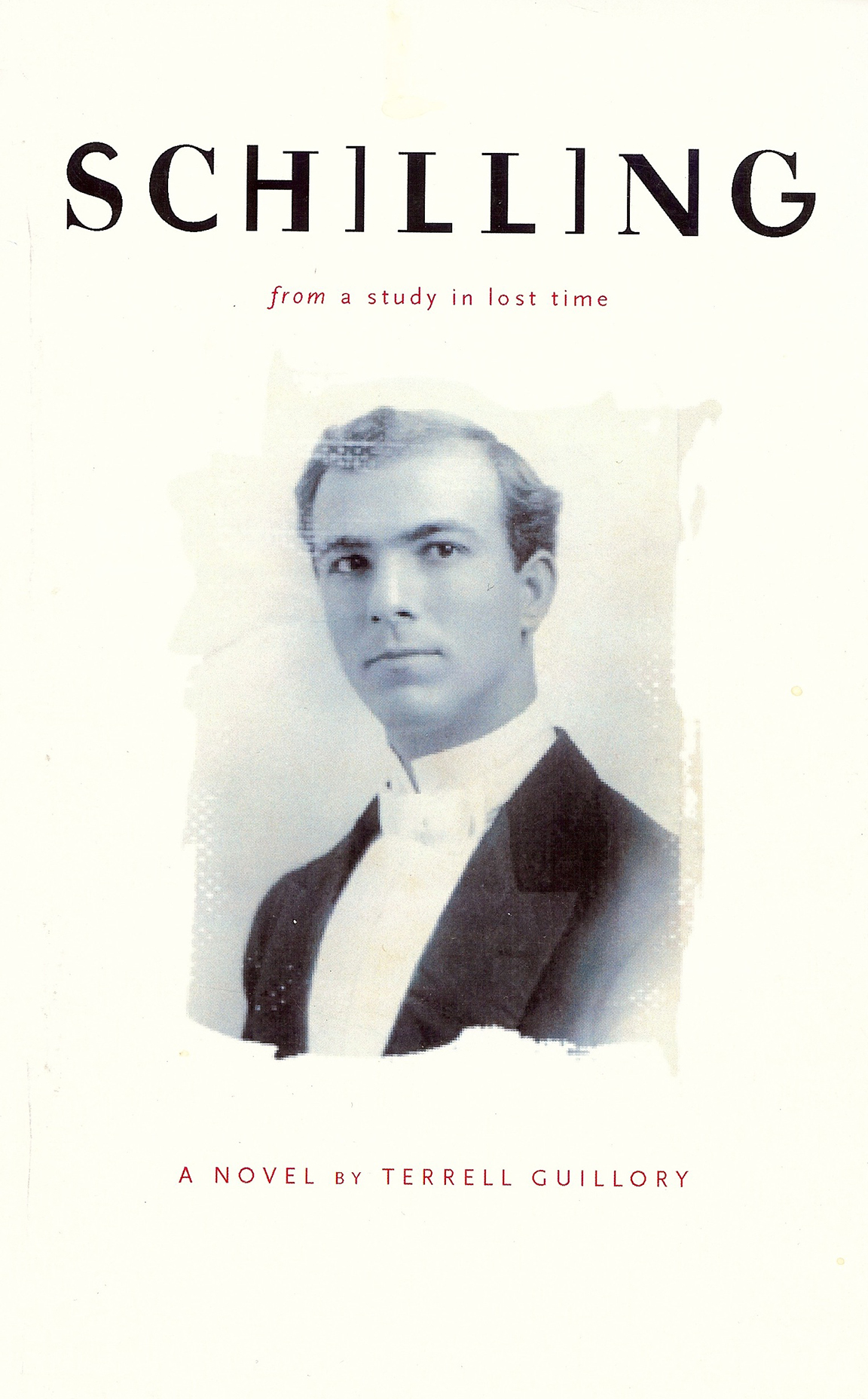



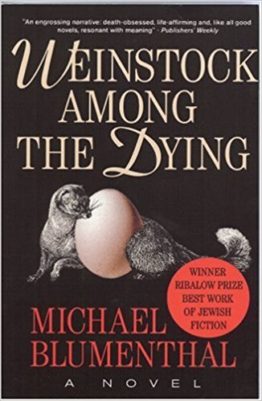
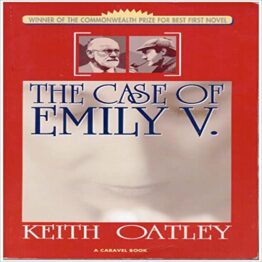
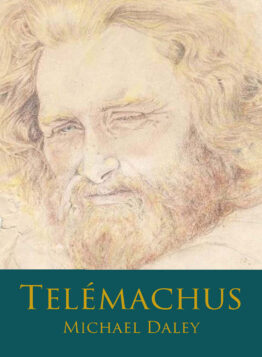




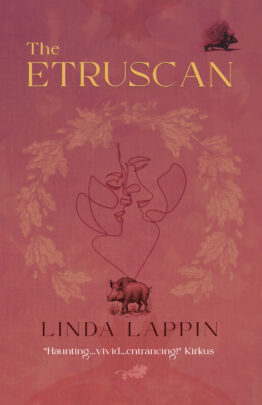



Xavier Ximenez, Rain Taxi Reviews –
As he lay dying, Dr. Tom Schilling reflects on life as a small-town physician and family man. Life is an unwritten record, he muses, lived in the mind as though dreamed, alone, knowing it is alone, goes nowhere, begins nowhere, is as instantaneous a thought and as lost as afterthought. Terrell Guillory’s short but densely layered novel follows this form of thought to a fault, making use of a palette of subjective narratives that comprise the fictional world of Schilling. Interspersed among Dr. Schilling’s reveries of past events spanning from a post-Reconstruction Louisiana until the end of World War II are accounts of local scandals and tragedies to which he was privy but indifferent, as well as the telling perspectives of his immediate family that appear only half way through the novel. This is one of a few frustrating features that burden this dark, brooding novel there appears no reason to delay the narrative accounts of the doctor’s wife, Quero, and their two sons, Webber and Tom. Also, the manner in which most characters are introduced by the novel dropped in like anonymous pronouns among obscure motives requires careful re-readings of some passages. Without question, Guillory’s storytelling style presents a challenge to the novel’s clarity; however, it also makes for some compelling setting and atmosphere descriptions. Webber’s arrival home by rail captures the stark, reflective solitude of no one to welcome him. ‘The train was late. For a long time he was alone, the track a dark whip laid out in its lines over the ties, a dream of a corridor vanishing. Cold in the dark though the month was March: no, now April. No sound but a dog’s bark, and from far away a cockcrow for a false dawn.’ Reading to the novel’s conclusion allows a further appreciation of the troubled, complex condition of being human, even as lost as afterthought.
Wes Cecil, Port Townsend LEADER –
Guillory has given us a rare treat indeed in this quiet and powerful story. Schilling joins the list of literary characters, such as Shakespeare’s Lear, who will hang in the memory of the reader long after the story has been finished and plot details have been forgotten. Characters whose uniqueness masks a deeper and more important core of humanity that allows the struggle of a lost man from a lost time to resonate strongly with a sympathetic reader today.
Scott Wilson –
Terrell Guillory’s instinctive command of Southern cadence and language bring to life a deeper way of knowing the world through the life of one good doctor.
Alvin Greeberg –
Terrell Guillory’s Schilling is suffused with the lushness of both its Faulknerian language–what a pleasure to see that great American literary tradition of narrative reinvigorated!–and its humid Gulf coast settings where we watch in intimate detail the brief flourishing and slow decay of some lives, the fern-like unfurling of another.”